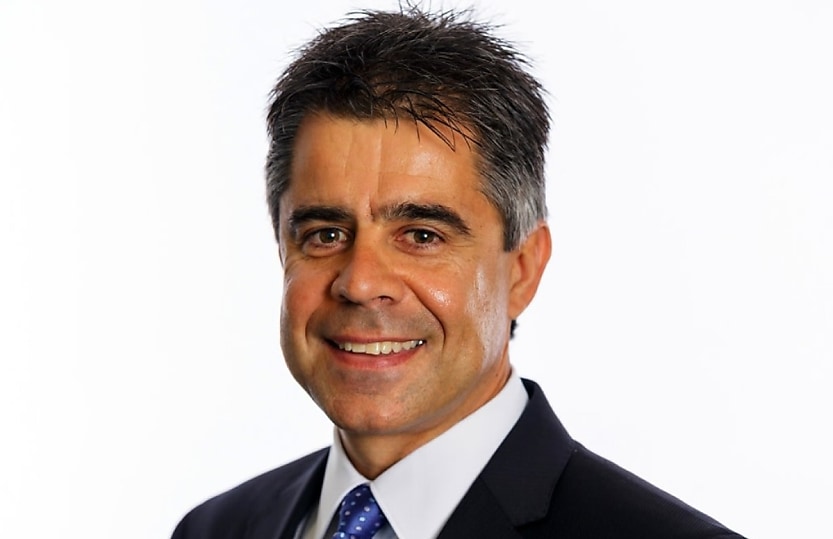$3m super tax ‘will be devastating to farmers’

The SMSFA says claims by big super that just one in 100 funds have farm income fails to reflect reality.
The SMSFA has pooh-poohed claims by big super that just one in 100 SMSFs that will be hit by the incoming $3 million super tax have farm-based income and says it will be “devastating” for tens of thousands of farmers.
It said research by the ASFA on farm-related income was flawed because it used ATO income tax data that failed to reflect the many ways agricultural properties were held.
SMSFA CEO Peter Burgess said the ASFA study was flawed and the farmers’ lobby was a better guide to reality.
“The simple fact is farming properties can be held under myriad tax structures, so using personal tax return data to extrapolate the number of farming properties that which may be impacted by this proposed law is not valid,” he said.
“ATO income tax return data has limited application for substantive data analysis due to the way the tax return data is collated and reported.
“It’s not just farms – it applies across the SMSF sector. Individual tax returns are an unreliable data source from which to draw inferences on the asset holdings or liquidity of SMSFs.”
Mr Burgess said the SMSF data failed to reveal the exact number of farming properties held in SMSFs but the National Farmers Federation’s submission to on the $3 million super tax suggested 30 per cent of farms would be hit.
“It’s a common vehicle used by Australian farm businesses to manage assets and use agricultural land to provide retirement income.”
Many SMSFs held farms but operated the business itself under a different structure. With this arrangement, the fund received leasing income but nothing from the farming operation itself.
“The key point that appears to have been overlooked is that there are various ways farmers can structure their business. How they choose to receive their income will also vary greatly, including wages, directors’ fees, dividends, and trust distributions.”
Research by the University of Adelaide commissioned by the SMSFA showed the proposed tax could have a negative impact on up to 50,000 SMSF members, with the mean additional tax liability exceeding $80,000 in two prior tax years studied.
The research used financial data from 722,000 SMSF members – two-thirds of the total – to model the impact and found the effect of the tax would be as unpredictable as farming itself.
“Our own modelling shows that by taxing unrealised capital gains, a member’s tax liability could vary dramatically from one year to the next making liquidity management extremely difficult,” Mr Burgess said.
“For those farmers affected, this could be devastating. What must be remembered is that the farming community is prone to cyclical income, with no income or losses in years where significant events occur, such as drought, floods, and fire.”
“This limits the ability to make concessional super contributions or to personally pay tax assessed on the value of superannuation fund assets, which can rise in value despite their personal circumstances.”
The SMSFA also rejected claims that the requirement for funds to receive a market rate of income from assets, including farming land, would ensure there was enough liquidity in the fund to pay the tax.
“Many farming properties historically generate low income yields so the land value is not a good indicator of the level of lease income.”
‘Furthermore, increases in property values do not always equate to an increase in lease income.”
“This doesn’t make farming properties an inappropriate investment for an SMSF, it just means the members have opted for capital growth over a high-income producing asset.”
Under the proposed tax, earnings attributable to member balances exceeding $3 million would be taxed an extra 15 per cent.
Mr Burgess said the tax was a solution looking for a problem.
“The fact is the ability to attain significantly high balances in superannuation will be inhibited by existing policy settings,” he said.
“These include various measures including caps on contributions and total superannuation balance tests that additionally limit or prohibit a person’s ability to make personal, non-concessional contributions.”
About the author







